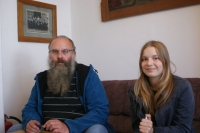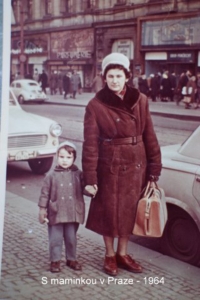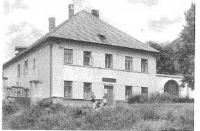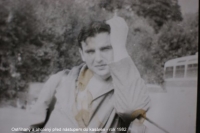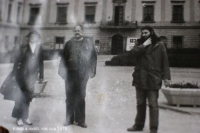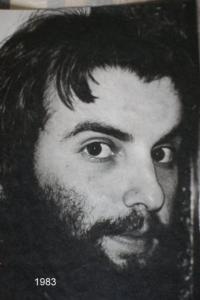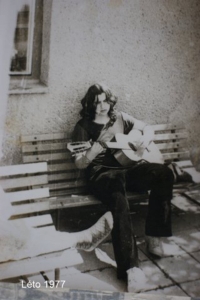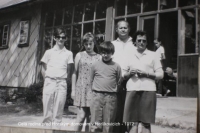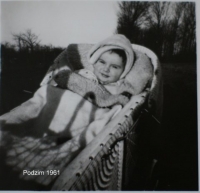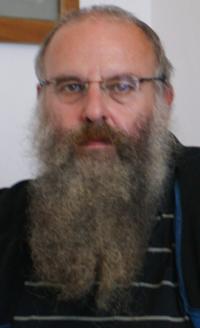A rebel forever

Download image
Tomáš Molnár was born on 31 January 1961. His father Dalibor Molnár was an evangelical pastor in Lysá nad Labem. His mother, a trained nurse, took care of Tomáš’s older disabled brother, Štěpán. His sister Renata became a deaconess. The entire family ran the farm at the parsonage. As the son of a pastor he was somewhat excluded from the collective during primary school and was not recommended to continue his studies at lyceum. He studied and trained as a typesetter. During his studies in Prague he become involved with the then underground movement and found himself under watch by the StB. After completing his apprenticeship, he started working at the famed Prague secondhand bookstore on Dlážděná Street. He completed library sciences at the secondary/college level in a distance studies program, which he completed and graduated from. He was active in the underground music group Žabí Hlen (Frog Phlegm). At the end of the 1980s he started studying theology. He became an evangelical pastor and till today he functions at the parsonage in Trutnov. He continues to be an active musician.
